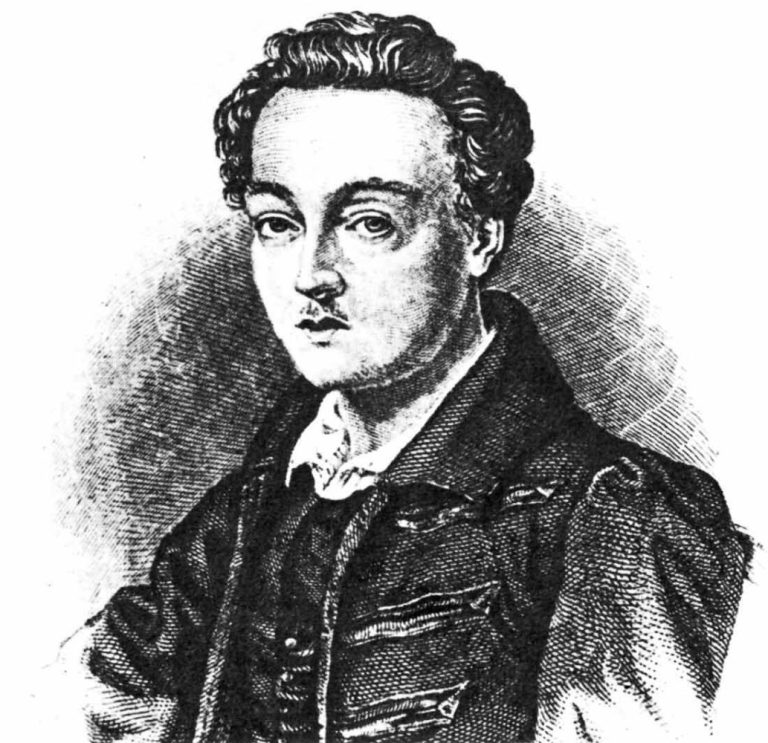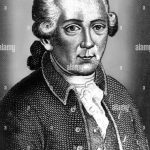Date of Birth: October 17, 1813
Zodiac Sign: Libra
Date of Death: February 19, 1837
Biography
Georg Büchner was a German dramatist and writer, born on October 17, 1813, in Goddelau, Grand Duchy of Hesse, which is now part of modern-day Germany. He is best known for his revolutionary and avant-garde plays, which have had a lasting impact on the development of modern European drama. Despite his short life, Büchner’s works such as “Danton’s Death,” “Leonce and Lena,” and the unfinished “Woyzeck” have been celebrated for their deep psychological insights and critique of social injustices. Büchner was the son of a physician, and he initially followed in his father’s footsteps by studying medicine in Strasbourg and Giessen. However, his passion for literature and political activism soon took precedence. He was deeply influenced by the social and political turmoil of his time, and he became involved in revolutionary activities, including co-authoring the pamphlet “Der Hessische Landbote,” which called for social and economic reforms and was highly critical of the ruling class. Büchner’s literary career was brief but impactful. His first play, “Danton’s Death,” written in 1835, depicted the turbulent days of the French Revolution and was a stark commentary on the nature of political power and human frailty. “Leonce and Lena,” a satirical comedy, followed in 1836, and his unfinished masterpiece “Woyzeck,” which he worked on until his death, explored themes of poverty, mental illness, and the dehumanizing effects of authority. Georg Büchner died on February 19, 1837, in Zurich, Switzerland, at the young age of 23, likely due to typhus. Despite his short life, his innovative and thought-provoking works have ensured his place in the canon of great dramatists.
5 Interesting Facts about Georg Buchner
1. Georg Büchner co-authored the revolutionary pamphlet “Der Hessische Landbote,” which was a vehement critique of social injustice and called for political reform.
2. Büchner’s play “Woyzeck” is considered one of the first works to address the psychological and social pressures faced by the lower classes, and it influenced later existential and absurdist drama.
3. He was also a scientist and contributed to the field of comparative anatomy, publishing a dissertation on the nervous system of fish.
4. Büchner’s works were largely unknown during his lifetime and only gained significant recognition posthumously.
5. Despite his involvement in revolutionary activities, Büchner managed to evade arrest and continued his literary endeavors until his untimely death.
5 Most Interesting Quotes from Georg Buchner
1. “Peace to the cottages! War on the palaces!”
2. “The revolutionary spirit is the spirit of humanity.”
3. “We are all of us made of mud. But we are also made of stars.”
4. “Man is an abyss; you get dizzy looking into it.”
5. “If you want to earn a living, find something else to do. Art is not a business.”
Highest Net Worth Achieved
Georg Büchner did not achieve significant financial success during his lifetime. His works gained recognition and acclaim posthumously, so he did not accumulate notable wealth.
Children
Georg Büchner did not have any children.
Relevant Links
1. [Georg Büchner Biography – Britannica](https://www.britannica.com/biography/Georg-Buchner
2. [Georg Büchner’s Works – Project Gutenberg](https://www.gutenberg.org/author/Büchner,+Georg
5. [Georg Büchner – Literary Encyclopedia](https://www.litencyc.com/php/speople.php?rec=true&UID=250


